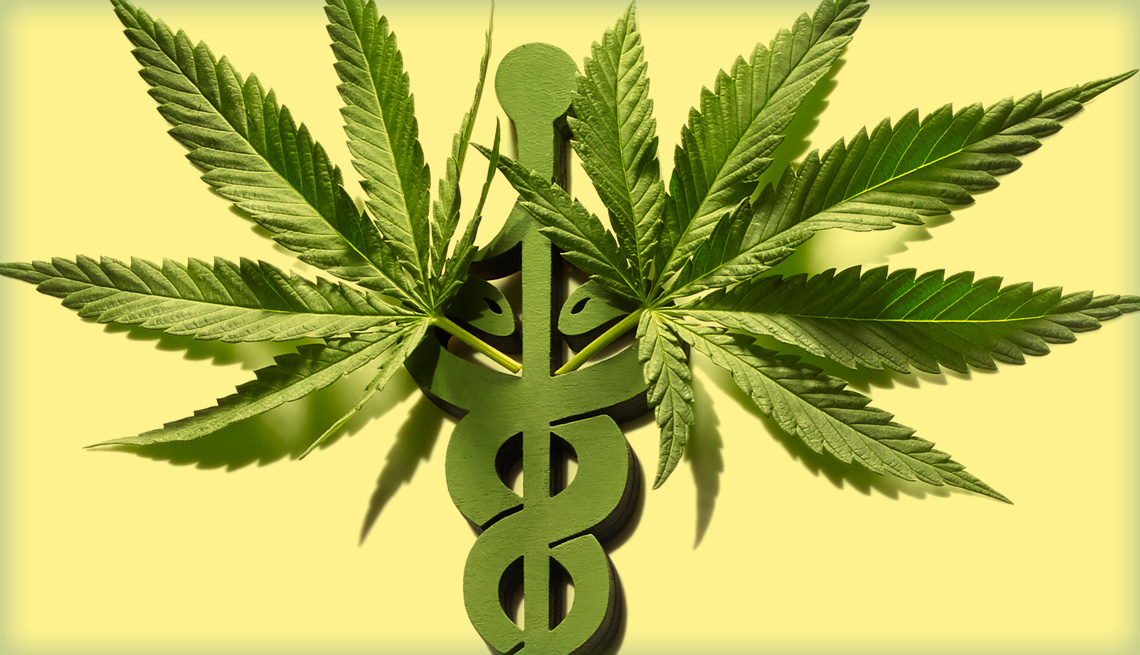
Medicinal cannabis use is rapidly expanding globally, driven by increasing research and growing public acceptance. However, unlocking the full potential of this therapy requires a cornerstone element: medicinal cannabis education. This education targets various stakeholders across society, impacting individuals, healthcare professionals, and the broader public sphere.
Empowering Patients:
- Informed Decisions: Educational programs equip patients with knowledge about cannabis strains, potential benefits and risks, and proper dosing and consumption methods. This empowers patients to actively participate in their treatment plans and make informed decisions about using medicinal cannabis.
- Improved Outcomes: Understanding potential side effects and interactions with other medications allows patients to work effectively with healthcare professionals to manage their conditions and avoid complications.
- Reduced Stigma: Education helps patients navigate societal misconceptions and overcome anxieties associated with cannabis use, fostering a sense of empowerment and control over their health.
Transforming Healthcare Professionals:
- Knowledge Base: Educational programs equip doctors, nurses, and pharmacists with a solid understanding of the science behind medicinal cannabis, its therapeutic potential, and best practices for integrating it into treatment plans. This bridges the knowledge gap that may exist due to limited training in conventional medical education.
- Improved Patient Care: Healthcare professionals gain the confidence to discuss cannabis as a treatment option with their patients, leading to more informed and personalized care plans.
- Reduced Reliance on Traditional Medication: By offering a viable alternative for specific conditions, medicinal cannabis education can help reduce dependence on potentially addictive or less-tolerated pharmaceutical drugs.
Shifting Public Perception:
- Combating Stigma: Public education campaigns can dispel myths surrounding cannabis and highlight its potential therapeutic benefits. This fosters a more informed and accepting societal view of medicinal cannabis use.
- Safety Awareness: Educating the public about responsible use and potential risks associated with medicinal cannabis can promote safe and responsible patient behavior.
- Policy Development: Increased public understanding can influence policy changes, leading to regulations that facilitate safe access and responsible use of medicinal cannabis.
The Ripple Effect:
The impact of medicinal cannabis education extends beyond individual patients and healthcare professionals. It creates a ripple effect, fostering broader societal acceptance, influencing legislation, and paving the way for a more informed and responsible approach to medicinal cannabis use.
The Road Ahead:
While significant progress has been made, the field of medicinal cannabis education is still evolving. Continued research, development of educational resources, and ongoing public awareness campaigns are crucial to ensure patients, healthcare professionals, and the public are well-equipped to navigate the complexities of medicinal cannabis use. By prioritizing education, we can unlock the full potential of this therapy and ensure its safe and effective integration into modern healthcare systems.

